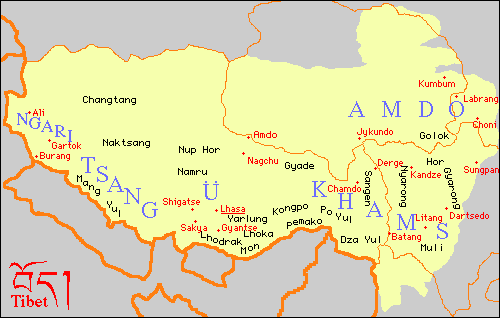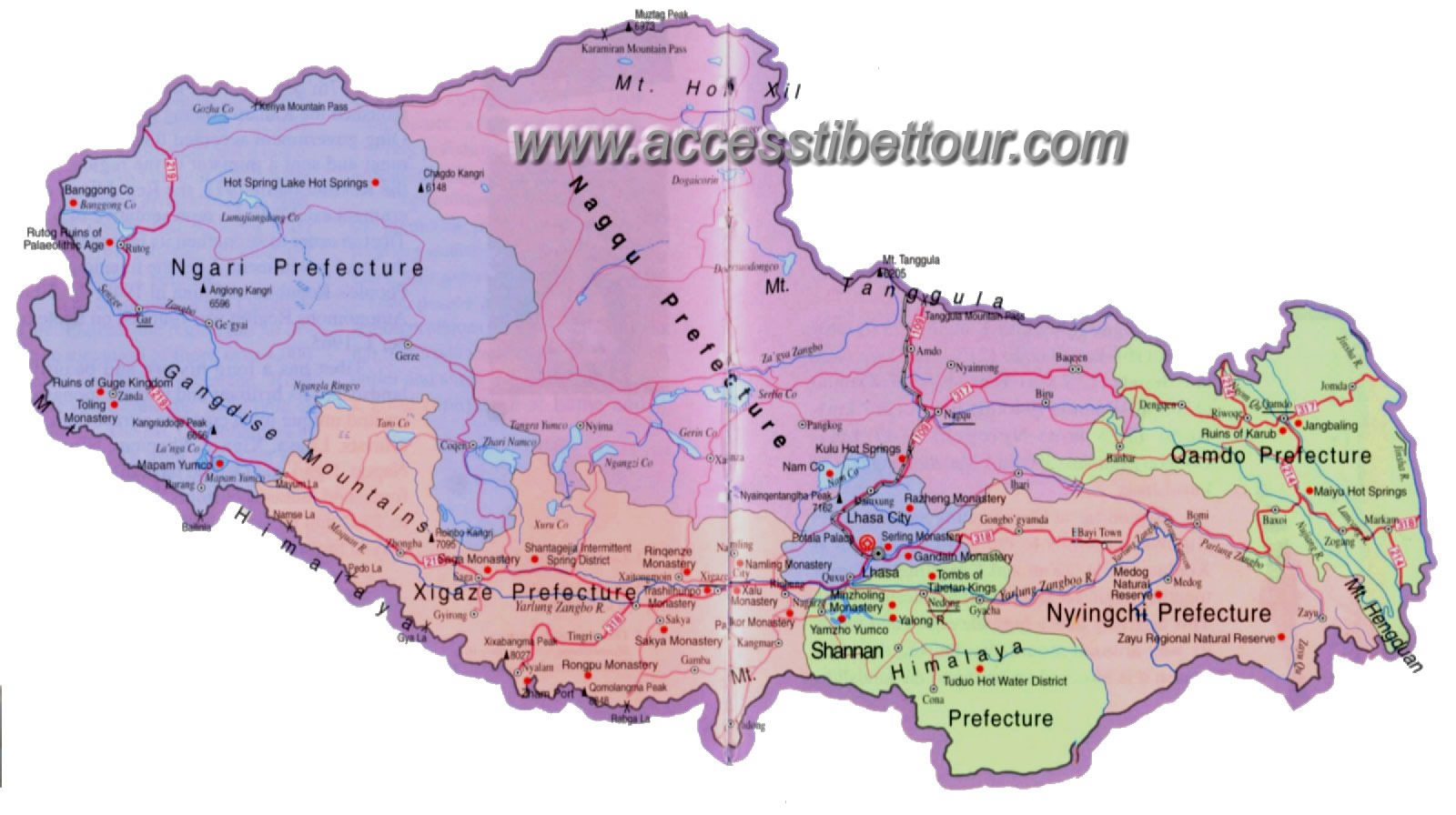unicorn148
FULL MEMBER

- Joined
- Oct 20, 2009
- Messages
- 595
- Reaction score
- 0
- Country
- Location
Wuhan: Drawing a dramatic parallel between the territorial red lines of both countries, India on Sunday told China that just as New Delhi had been sensitive to its concerns over the Tibet Autonomous Region and Taiwan, Beijing too should be mindful of Indian sensitivities on Jammu and Kashmir.
The comparison which is intended to drive home the depth of Indian concerns over recent Chinese attempts to question the country's sovereignty in Kashmir was made by External Affairs Minister S.M. Krishna in his meeting with China's Foreign Minister Yang Jiechi on the sidelines of the Russia-India-China trilateral meeting here.
This is the first time India has drawn this parallel directly, Indian officials told The Hindu.
Briefing reporters about the meeting, Foreign Secretary Nirupama Rao said the two Ministers reviewed the state of bilateral relations, which Mr. Yang described as being in very good shape. As India-China relations grew, Mr. Krishna said, there was a need for both sides to be sensitive to each other's core concerns. In that context, said Ms. Rao, [the External Affairs Minister] spoke of Jammu and Kashmir and expressed the hope that China would be sensitive to J&K just as we have been to the Tibet Autonomous Region and Taiwan.
According to Ms. Rao, Mr. Yang said in response that China always believed the problem of Jammu and Kashmir could only be resolved through dialogue and negotiations between India and Pakistan and that there has been no change in its policy.
The Chinese Minister also said Beijing wanted to expand the political content of the relationship between the two countries. He said both countries should see each other's growth as an opportunity and not a challenge.
India has been objecting to the Chinese policy of issuing stapled' visas to Kashmiri-domicile Indian citizens. New Delhi suspended defence exchanges with Beijing in August after an Indian general from Kashmir was denied a proper visa to travel to China on an official visit.
On the question of a permanent seat for India on a reformed UN Security Council a question Mr. Krishna raised in a general way without reference to President Barack Obama's recent announcement Mr. Yang said he acknowledged there had been a fundamental change in the international situation and that consultations were needed on the question of UN reform. He added that China was willing to continue and increase its consultations with India and others on this question, a stand Ms. Rao described as incrementally speaking, a positive development.
But she quickly added: To say that they have given full-scale endorsement would be inaccurate.
Also on Sunday, Mr. Krishna held bilateral talks with Russian Foreign Minister Sergei Lavrov and attended a working dinner of the RIC trilateral.
Ms. Rao said Mr. Lavrov strongly supported India's prospective membership in the Shanghai Cooperation Organisation and urged the country to work closely together with Russia and others for promoting security and cooperation across the Asia-Pacific region.
The RIC Foreign Ministers also strongly endorsed the idea of a trilateral discussion on the situation in Afghanistan and agreed that the BRIC forum, which links the three with Brazil, be expanded to include South Africa by the time of the next summit.
Also present at Mr. Krishna's meeting with the Chinese Foreign Minister was Duan Yunlin, vice governor of Hubei province. Mr. Duan spoke of Hubei's economic relations with India and described his own involvement in promoting business links with Bangalore and Andhra Pradesh. Mr. Krishna said he hoped India-China bilateral trade would cross the target of $ 60 billion but urged the Chinese side to do more to ensure a better balance.
The comparison which is intended to drive home the depth of Indian concerns over recent Chinese attempts to question the country's sovereignty in Kashmir was made by External Affairs Minister S.M. Krishna in his meeting with China's Foreign Minister Yang Jiechi on the sidelines of the Russia-India-China trilateral meeting here.
This is the first time India has drawn this parallel directly, Indian officials told The Hindu.
Briefing reporters about the meeting, Foreign Secretary Nirupama Rao said the two Ministers reviewed the state of bilateral relations, which Mr. Yang described as being in very good shape. As India-China relations grew, Mr. Krishna said, there was a need for both sides to be sensitive to each other's core concerns. In that context, said Ms. Rao, [the External Affairs Minister] spoke of Jammu and Kashmir and expressed the hope that China would be sensitive to J&K just as we have been to the Tibet Autonomous Region and Taiwan.
According to Ms. Rao, Mr. Yang said in response that China always believed the problem of Jammu and Kashmir could only be resolved through dialogue and negotiations between India and Pakistan and that there has been no change in its policy.
The Chinese Minister also said Beijing wanted to expand the political content of the relationship between the two countries. He said both countries should see each other's growth as an opportunity and not a challenge.
India has been objecting to the Chinese policy of issuing stapled' visas to Kashmiri-domicile Indian citizens. New Delhi suspended defence exchanges with Beijing in August after an Indian general from Kashmir was denied a proper visa to travel to China on an official visit.
On the question of a permanent seat for India on a reformed UN Security Council a question Mr. Krishna raised in a general way without reference to President Barack Obama's recent announcement Mr. Yang said he acknowledged there had been a fundamental change in the international situation and that consultations were needed on the question of UN reform. He added that China was willing to continue and increase its consultations with India and others on this question, a stand Ms. Rao described as incrementally speaking, a positive development.
But she quickly added: To say that they have given full-scale endorsement would be inaccurate.
Also on Sunday, Mr. Krishna held bilateral talks with Russian Foreign Minister Sergei Lavrov and attended a working dinner of the RIC trilateral.
Ms. Rao said Mr. Lavrov strongly supported India's prospective membership in the Shanghai Cooperation Organisation and urged the country to work closely together with Russia and others for promoting security and cooperation across the Asia-Pacific region.
The RIC Foreign Ministers also strongly endorsed the idea of a trilateral discussion on the situation in Afghanistan and agreed that the BRIC forum, which links the three with Brazil, be expanded to include South Africa by the time of the next summit.
Also present at Mr. Krishna's meeting with the Chinese Foreign Minister was Duan Yunlin, vice governor of Hubei province. Mr. Duan spoke of Hubei's economic relations with India and described his own involvement in promoting business links with Bangalore and Andhra Pradesh. Mr. Krishna said he hoped India-China bilateral trade would cross the target of $ 60 billion but urged the Chinese side to do more to ensure a better balance.








